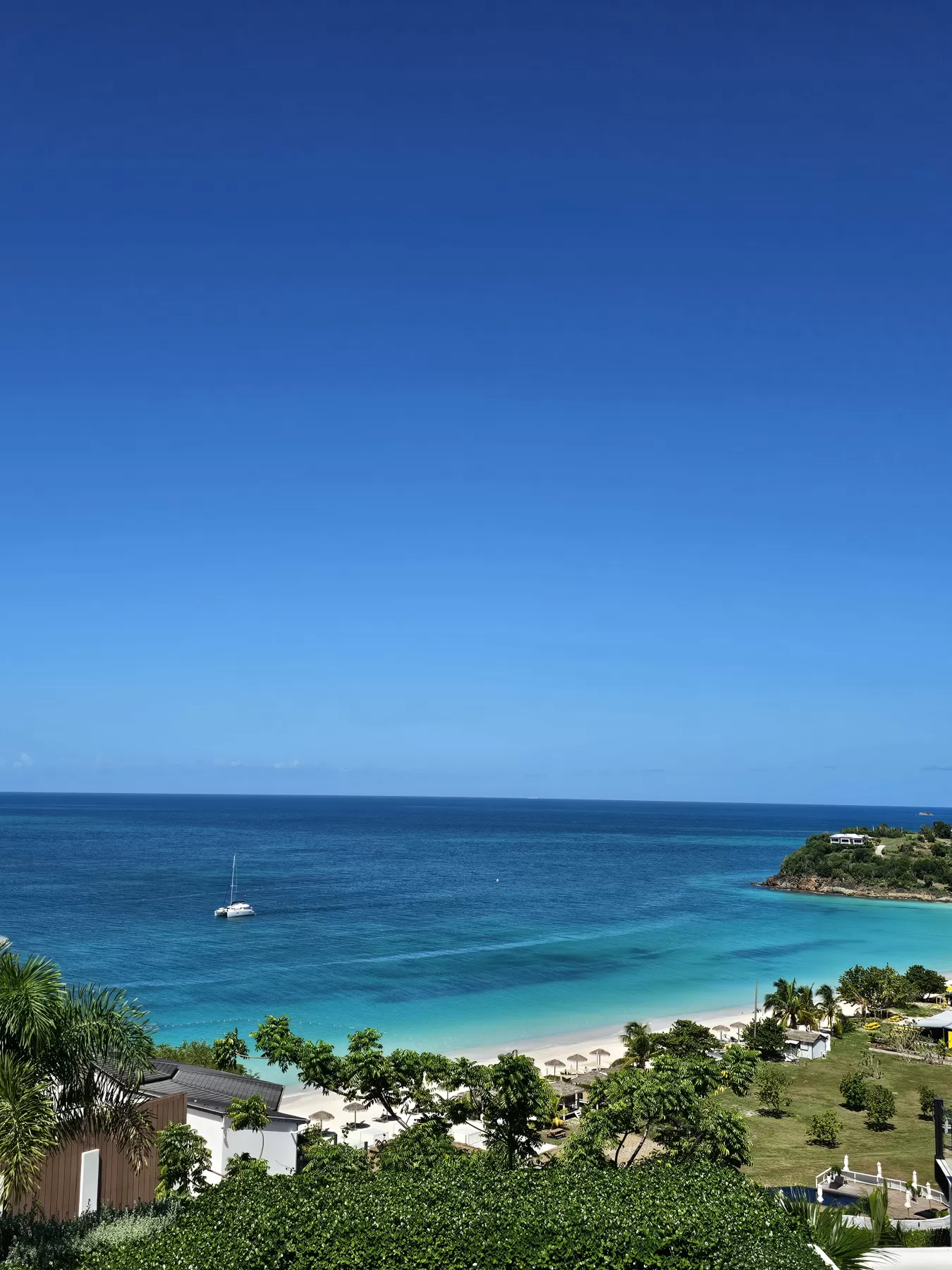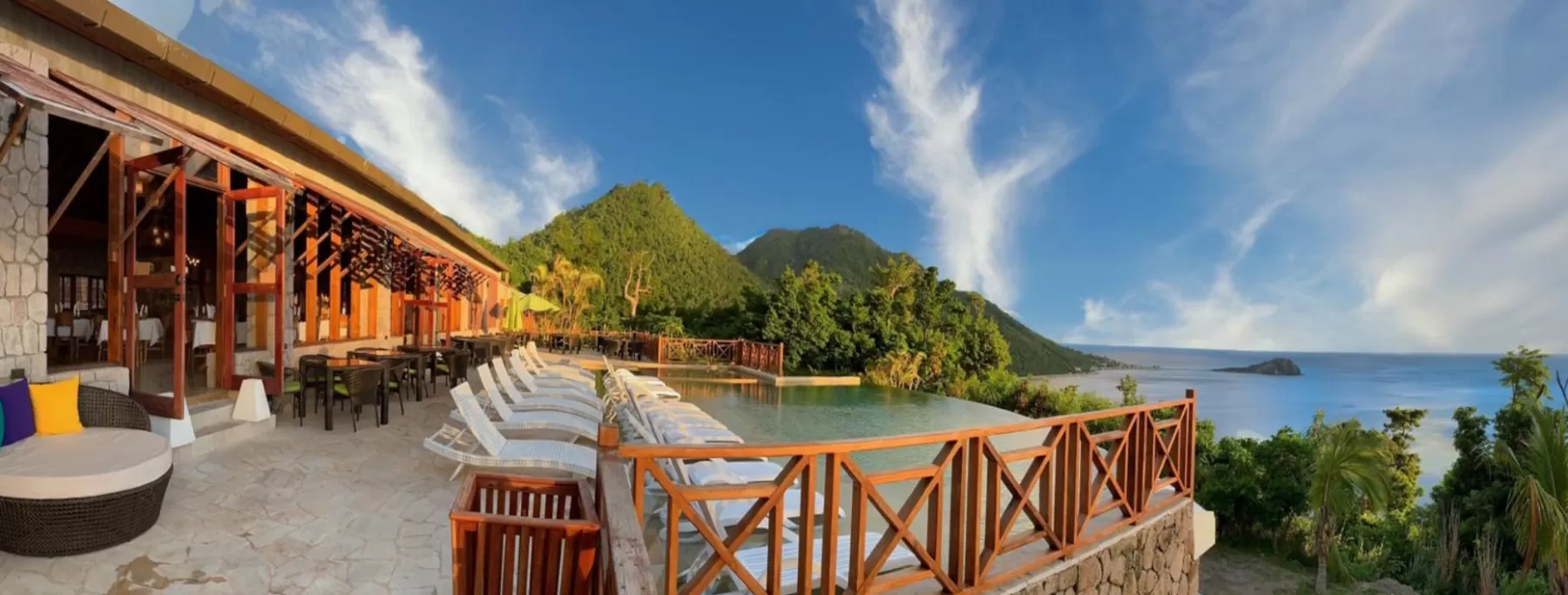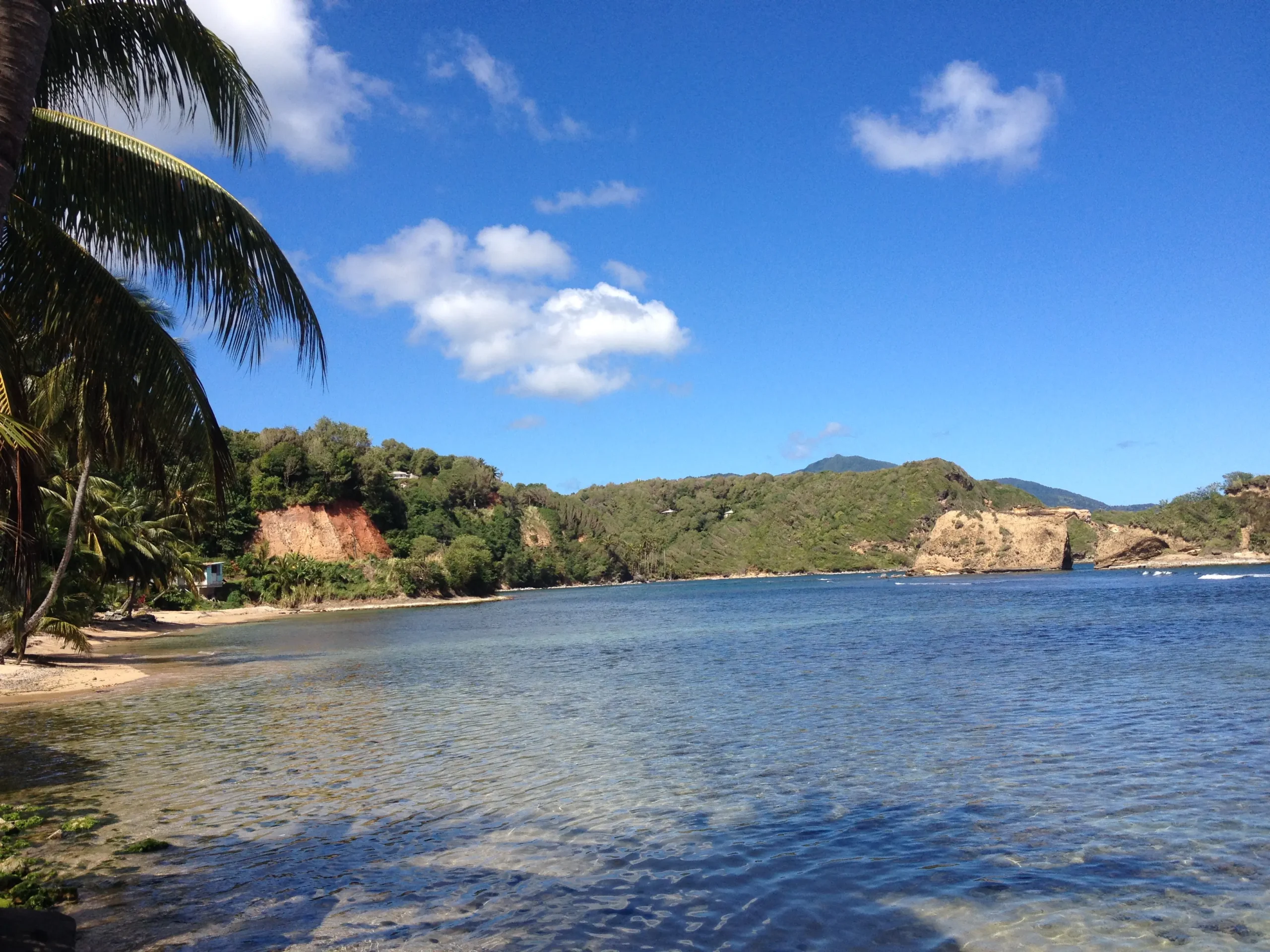Securing a second citizenship through real estate investment has become an increasingly popular pathway for individuals seeking global mobility and financial opportunities. This process allows you to invest in property within a country and, in return, gain the rights and privileges of citizenship. It’s a unique blend of financial strategy and personal freedom, offering access to new markets, visa-free travel, and a safety net for you and your family.
The appeal lies in its simplicity and tangible benefits. Instead of navigating lengthy immigration processes, you’re leveraging your investment to unlock a world of possibilities. Whether you’re looking to diversify your assets, enjoy tax advantages, or establish a second home in a desirable location, citizenship by real estate investment provides a clear, structured route to achieving these goals. It’s not just about owning property, it’s about opening doors to a more flexible and secure future.
In 2025, the question for most investors is no longer whether to build a Plan B, but where. Rising taxes in Europe, capital-gains reforms in Canada, tighter UK non-dom rules, and global instability have accelerated interest in citizenship and residency through real estate. Families now see a second passport as more than a luxury: it’s a pillar of diversification, lifestyle security, and inter-generational legacy.
What Is Citizenship by Real Estate Investment? How It Works and Where to Start in 2025
Citizenship by real estate investment allows you to acquire a second passport by purchasing approved property in specific countries. This pathway merges asset growth with global mobility.
Defining Citizenship by Real Estate Investment
Citizenship by real estate investment involves obtaining citizenship through property acquisition. Countries offering this program pre-approve real estate projects, ensuring investment compliance. You place capital in a qualifying property, typically maintaining ownership for a minimum period, after which your citizenship becomes permanent.
For example, programs like Saint Kitts and Nevis’s initiative mandate a minimum US$325,000 investment in designated properties. Other nations require varying thresholds, often around US$200,000–US$400,000, depending on the destination.
Many families integrate CBI into a broader relocation or tax-planning roadmap. By pairing real estate citizenship with Caribbean residency permits, they establish both mobility and substance, an essential combination for compliant wealth planning and lifestyle relocation.
How It Differs From Other Second Passport Options
Real estate investment citizenship differs from other pathways like donation-based or business investments. Unlike direct financial contributions, your funds turn into tangible, appreciating assets. Property ownership delivers potential rental income and resale value, while donations offer no return on capital. The option appeals to those prioritizing both financial growth and new citizenship opportunities.
Additionally, real estate creates visible substance: utility bills, local banking, and ownership records that strengthen your global residency narrative. For investors pursuing tax efficiency or Plan B residency, this tangible footprint is what distinguishes strategic relocation from simple document acquisition.
Who Is It For? Investor Profiles and Motivations
Real estate-based citizenship suits high-net-worth individuals seeking diversified asset portfolios and international benefits. Common investor motivations include visa-free travel, tax planning advantages, and expanding residency options for family members. For instance, in countries where buying property gives you citizenship, applicants often aim for regions with stable economies and favorable market conditions, such as the Caribbean or parts of Europe.
In today’s environment, typical applicants include:
- Entrepreneurs and UHNWs from Europe or Canada mitigating new tax exposure.
- American families seeking geographic diversification and estate-planning flexibility (even while remaining U.S. tax residents).
- Young global professionals establishing portable bases that support remote work and lifestyle security.
With budgets around US$1 million, families can now combine property ownership, citizenship, and residency into one cohesive 24-month “Plan B” roadmap.
How the Process Works
Citizenship by real estate investment involves purchasing government-approved properties in specific countries that offer second citizenship programs. You gain permanent access to this benefit once a property’s ownership conditions are fulfilled.
Property Selection and Government Approval
Choose from pre-approved properties in countries where buying property gives you citizenship, such as Saint Kitts and Nevis, Dominica, St Lucia or Grenada. Ensure the property qualifies under the nation’s citizenship by real estate investment program, which typically includes residential or commercial options aligned with government-set minimum investment thresholds. Governments review and approve all investments to verify compliance with program terms.
Branded residences: such as Four Seasons Nevis, Secret Bay Dominica, and Nikki Beach Antigua are increasingly favored because they combine luxury living with strong liquidity and professional management. These projects anchor Caribbean Plan B strategies by offering turnkey ownership with guaranteed compliance.
Legal Steps, Due Diligence, and Escrow Process
Follow legal procedures essential for real estate investment citizenship. Due diligence screenings assess your background for compliance with program standards, which include proving legal income sources and a clean criminal record. Handled through licensed agents, this step ensures transparency. Place your investment amount in an escrow account, securing funds until real estate purchase completion. The escrow process adds a layer of financial security for both you and the program.
Working with licensed CBI agents and local attorneys is non-negotiable. Beyond document processing, they coordinate banking, financing, and title registration, elements that reinforce your residency credibility and ensure a defensible tax presence should you later establish offshore residency.
Timeline From Investment to Passport Issuance
Countries offering CBI real estate programs usually finalize the process within three to six months. After successfully purchasing property, completing due diligence, and submitting all required documents, relevant authorities issue your passport. For example, Caribbean nations like Dominica complete citizenship issuance in three months, while European options like Portugal might take closer to six months due to additional residency obligations.
For families following a full Plan B roadmap, the citizenship phase is typically the first six to nine months of a 24-month process that later expands into residency establishment, tax structuring, and lifestyle integration.
Countries Offering Citizenship Through Real Estate
Citizenship by real estate investment enables you to obtain a second passport through government-approved property transactions. Several countries offer this option, each with distinct advantages and investment requirements.
For families following a full Plan B roadmap, the citizenship phase is typically the first six to nine months of a 24-month process that later expands into residency establishment, tax structuring, and lifestyle integration.
St. Kitts & Nevis, Antigua, St. Lucia – Premium Options
St. Kitts & Nevis, Antigua, and St. Lucia are popular for real estate investment citizenship programs due to their robust frameworks.
- St. Kitts & Nevis: Requires a minimum real estate investment of US$325,000 in pre-approved projects. Investors benefit from visa-free travel to over 150 destinations and can secure citizenship within three to six months.
- Antigua: A US$300,000 minimum investment applies here too. This program offers visa-free access to 150+ countries and includes family members in the citizenship application.
- St. Lucia: The program mandates at least US$300,000 in property investment. Benefits include visa-free travel to 140 nations and no requirement for physical residency.
These programs are ideal for those prioritizing global mobility and favorable tax environments.
Grenada, Dominica: More Affordable Options
Grenada, Dominica, and Turkey present budget-friendly CBI real estate opportunities while offering significant returns.
- Grenada: Citizenship requires a US$270,000 property investment. You gain visa-free travel to over 140 countries, including China, and eligibility for a U.S. E-2 investor visa.
- Dominica: The minimum investment is US$200,000. This affordable program includes visa-free access to 145 destinations and processing times of three months.
These programs attract investors seeking financial flexibility and quick processing timelines.
Real Estate Requirements, Minimum Thresholds, and Holding Periods
CBI countries enforce specific investment thresholds and holding periods to maintain eligibility.
| Country | Minimum Investment | Holding Period | Key Features |
|---|---|---|---|
| St. Kitts & Nevis | US$325,000 | 7 years | Visa-free travel to 150+ destinations |
| Antigua & Barbuda | US$300,000 | 5 years | Family inclusion and tax exemptions |
| St. Lucia | US$300,000 | 5 years | No physical residency required |
| Grenada | US$270,000 | 5 years | U.S. E-2 visa eligibility |
| Dominica | US$200,000 | 3 years | Family inclusion |
Properties must typically be pre-approved and retained for the specified holding period to secure and maintain citizenship. These requirements ensure program integrity and long-term investments in the host country’s economy. Many investors layer these assets into a broader portfolio, using fractional shares as entry points, then upgrading to full villas or branded residences once residency is established. This staged approach supports both lifestyle and capital-growth goals.
Key Benefits for Global Investors
Real estate investment citizenship offers a pathway to global privileges, combining tangible financial growth with enhanced personal and family security. By choosing CBI real estate programs, you can unlock significant benefits designed to cater to international investors. For globally mobile families, these passports also unlock CARICOM mobility, regional healthcare access, and schooling options—turning short-term travel freedom into a practical relocation framework.
Visa-Free Travel and Lifestyle Flexibility
CBI real estate programs provide visa-free or visa-on-arrival access to numerous countries, enhancing global mobility. This feature enables seamless international travel for both business and leisure. Additionally, dual citizenship strengthens lifestyle flexibility, granting access to residency, healthcare systems, and educational opportunities in multiple regions. For globally mobile families, these passports also unlock CARICOM mobility, regional healthcare access, and schooling options, turning short-term travel freedom into a practical relocation framework.
Offshore Wealth Strategy and Tax Planning
Countries offering CBI through real estate often feature investor-friendly tax regimes. These include zero taxes on global income, capital gains, inheritance, and wealth. For Canadians and Brits, Caribbean residency can transform personal tax exposure after recent fiscal reforms. Establishing tax residency in low-tax jurisdictions like Antigua or St. Kitts provides compliant alternatives that preserve wealth.
For Americans, still taxed federally worldwide, the benefits lie in diversification: asset protection, estate-planning flexibility, and a physical hedge outside the U.S. system. Properly structured, a Caribbean property can become the cornerstone of a compliant, defensible Plan B base. For example, Caribbean programs like Dominica and Antigua ensure competitive tax planning, making them ideal choices for wealth management. Purchasing real estate under such programs diversifies your asset base, provides potential rental income, and safeguards capital in economically stable jurisdictions.
Family Inclusion and Generational Mobility
CBI programs allow you to include family members in the application, covering spouses, children, and sometimes dependent parents. Some programs, notably Grenada and Antigua, also extend citizenship to future generations, ensuring legacy continuity. Families use these structures to embed education, healthcare, and inheritance strategies into one jurisdictional framework. Countries like Grenada permit multi-generational citizenship, ensuring long-term mobility and security for your family. Combining this with properties in these countries extends inheritance benefits and supports access to world-class education and healthcare in premium destinations.
Tips to Get Started in 2025
When preparing for citizenship by real estate investment, careful planning ensures smoother navigation of the process. Focus on aligning your objectives with the right program and mitigate risks by following a structured approach.
Choosing the Right Program for Your Goals
Identify your priorities: whether it’s visa-free travel, favorable tax regimes, or family inclusion. Evaluate countries where buying property gives you citizenship. When building a full Plan B, consider flight access, cost of living, healthcare, and schooling, not just program speed. Cayman and The Bahamas suit UHNW families near the U.S.; Antigua and Dominica balance affordability and lifestyle; Panama and Costa Rica, though not CBI nations, complement Caribbean bases with long-term golden visas.. Each program has unique benefits; for instance, the Caribbean programs commonly offer visa-free access to over 140 destinations, while Turkey provides a European base and rapid processing (typically within 3-6 months).
Working With Licensed Agents and Legal Teams
Collaborate with government-approved agents familiar with CBI real estate regulations to ensure compliance with local laws like NTL Trust. We as professionals facilitate property selection, verify investment eligibility, and guide you through due diligence processes, including background checks and financial assessments. Our legal teams streamline documentation, including proof of funds and notarized property contracts, reducing the likelihood of errors or delays.
Avoiding Common Mistakes Along the Way
Missteps such as selecting non-compliant properties or insufficiently verifying program details can significantly hinder your progress. Only invest in pre-approved real estate projects in your chosen country. Ensure ownership meets the program’s retention period, which generally ranges from 3-7 years.
Families rushing the process often end up with “paper citizenships” that lack substance for tax or wealth planning. The stronger path is staged:
Consolidation – Achieve full residency or tax domicile by year 2. This measured approach ensures both compliance and lifestyle viability.
Foundation – Secure citizenship via fractional real estate.
Residency Establishment – Spend 90–120 days per year locally, open accounts, register utilities.
Expansion – Upgrade to larger property or branded villa, integrate schools and healthcare.
Delays often occur during incomplete document submissions or skipping required background checks. Allocate time to meet all prerequisites and maintain open communication with your advisors. Research the processing timelines for your selected program, as they vary across countries offering citizenship by real estate investment.
Conclusion
Citizenship by real estate investment offers a unique opportunity to secure a second passport while diversifying your assets and enhancing your global mobility. In 2025, it also represents the foundation of a broader Plan B strategy, combining citizenship, residency, tax efficiency, and generational security into one cohesive system. With budgets starting around US$1 million and disciplined 24-month planning, families can create not just a passport solution, but a permanent, livable Caribbean base that blends lifestyle and legacy. By aligning your goals with the right program and adhering to legal requirements, you can unlock a range of benefits for yourself and your family. With careful planning and expert guidance, this pathway can lead to greater financial freedom, stability, and access to new opportunities.








